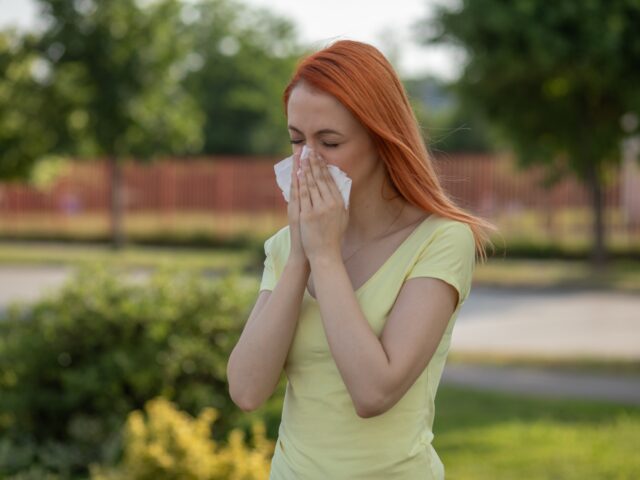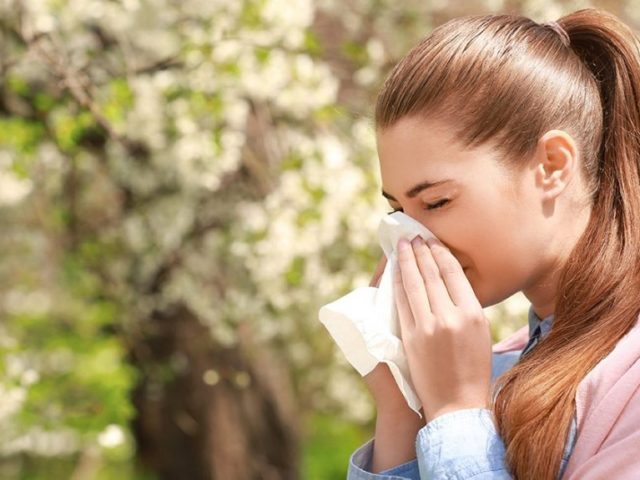Allergies are your body’s way of telling you that it’s not too thrilled with something in your environment. When it comes to skin allergies, they can manifest in various ways, often causing discomfort and distress. Eczema, hives, and contact dermatitis are three common skin conditions associated with allergies. In this 1500-word article, we will explore these skin issues, their causes, symptoms, and most importantly, how to manage and prevent them.
Understanding Eczema
Eczema, also known as atopic dermatitis, is a chronic skin condition that affects millions of people worldwide. It often begins in childhood and can persist into adulthood. The exact cause of eczema is not fully understood, but it is believed to result from a combination of genetic and environmental factors. Allergies, such as pollen or pet dander, can trigger or exacerbate eczema symptoms.
Symptoms of Eczema
- Dry, itchy skin
- Red or inflamed patches
- Swelling
- Cracked or oozing skin
- Blisters
Dealing with Hives
Hives, also known as urticaria, are red, itchy welts that appear on the skin. They are often a result of an allergic reaction to food, medication, insect stings, or environmental factors. Hives can be acute (lasting less than six weeks) or chronic (lasting more than six weeks).
Symptoms of Hives
- Raised, red welts
- Itching
- Swelling
- Burning or stinging
Contact Dermatitis: A Skin Reaction
Contact dermatitis is a skin reaction that occurs when the skin comes into contact with an allergen or irritant. This condition can cause redness, itching, and even blisters. Common allergens or irritants include poison ivy, latex, nickel, and fragrances.
Symptoms of Contact Dermatitis
- Redness
- Itching
- Swelling
- Blisters
- Dry, cracked skin
Allergies and Skin Health
Allergies play a significant role in the development and exacerbation of these skin conditions. When your immune system reacts to allergens, it releases chemicals that can trigger skin inflammation, leading to the uncomfortable symptoms associated with eczema, hives, and contact dermatitis.

Managing Allergies and Skin Conditions
The key to managing allergies and skin conditions like eczema, hives, and contact dermatitis is identifying and avoiding the triggers. Here are some strategies to help you stay comfortable and enjoy healthy skin:
- Identify Allergens: Work with an allergist to determine the specific allergens that trigger your skin condition. This might involve allergy testing.
- Avoid Triggers: Once you know your triggers, take steps to avoid them. This could mean making changes in your home environment or lifestyle.
- Skin Care: Use gentle, fragrance-free skincare products. Keep your skin moisturized, especially in the case of eczema.
- Medications: In some cases, antihistamines, corticosteroids, or other prescription medications may be necessary to manage symptoms.
- Consult a Dermatologist: If your condition is severe or persistent, consult a dermatologist for specialized treatment and guidance.
Prevention is Key
Preventing allergies is not always possible, but you can take measures to reduce your risk of developing skin conditions due to allergies. Here are some preventive measures:
- Reduce Allergen Exposure: Minimize your exposure to known allergens. This might involve making changes in your home, such as using allergen-proof covers for bedding or installing air purifiers.
- Healthy Lifestyle: Maintain a healthy lifestyle with a balanced diet, regular exercise, and proper hydration. A strong immune system can better handle allergens.
- Stress Management: Chronic stress can exacerbate skin conditions. Practice stress-reduction techniques, such as meditation and yoga.
- Hygiene: Proper hygiene, including regular handwashing, can help prevent contact dermatitis.
- Consultation: If you have a family history of allergies or skin conditions, consult a healthcare professional to discuss prevention strategies.
In Conclusion
Allergies and skin health are intricately linked, and understanding this connection is vital for those affected by eczema, hives, or contact dermatitis. By identifying triggers, avoiding allergens, and following a healthy lifestyle, you can manage these conditions effectively. For more insights and further information about allergies and skin health, click to get started to find tips and ideas.
Remember that seeking advice from healthcare professionals, such as allergists and dermatologists, is essential for proper diagnosis and treatment. Your skin’s health is an integral part of your overall well-being, so taking steps to manage allergies is a significant investment in your long-term health and comfort.




